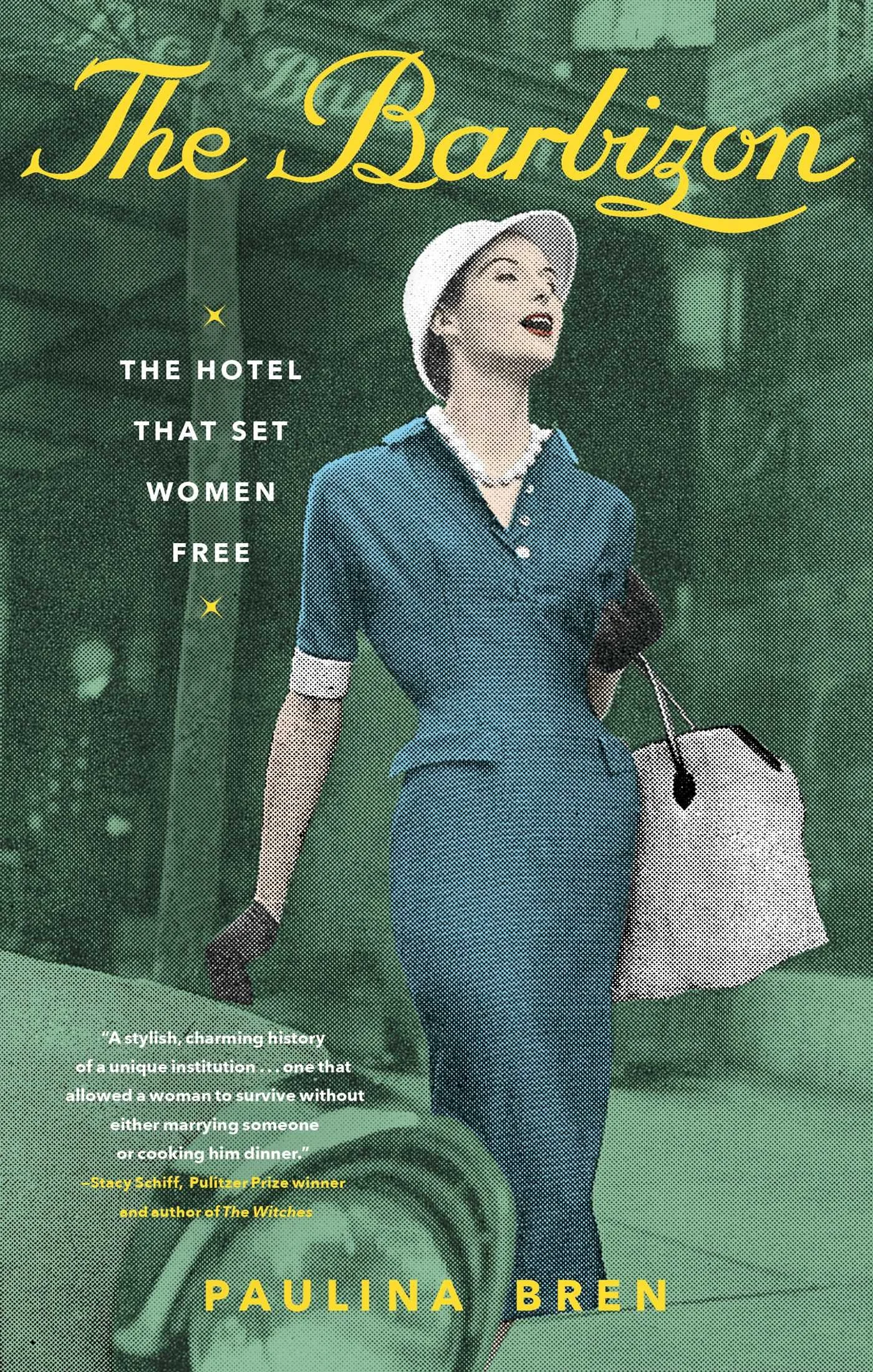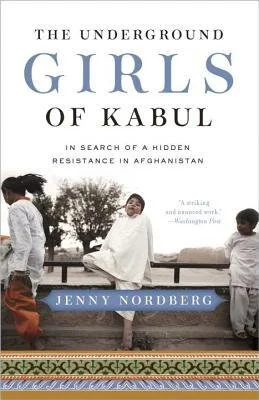The Barbizon by Paulina Bren
Title: The Barbizon: The Hotel That Set Women Free
Author: Paulina Bren
Published: 2021
Type: Nonfiction
Pages: 336
Ironically, it would be the onset of the 1960s women’s movement that would sound the death knell for the Barbizon. The residential hotel built in the 1920s on the promise of women’s independence and the nurturing of their artistic talents and all-around ambition would become a casualty of that very same goal. The movement would call into question the need for sequestering women: What was the line between aiding women’s growth and independence in a no-man environment, protecting them in a man-free zone, and cloistering them from the world and its gendered realities?
In Brief:
I really loved this book – there’s so much fascinating history, beautiful descriptions; Bren did a really impressive job drawing the story of a hotel out into the wider story of US women in the 20th century. The only criticisms are 1) occasionally it jumped around chronologically, which could be hard to follow, and 2) it could have dwelled more on race/class, how the hotel really only set a certain kind of woman free.
Rating: 4.5
Summary:
This book is about, of course, the eponymous Barbizon hotel that operated from the 1920s until the early 2000s in New York City. Until the mid-80s, it was a hotel exclusive for women – not the only one of its kind, but the most iconic and glamorous. It focuses on some notable women who were guests at the hotel like Grace Kelly, Joan Didion, and Sylvia Plath (who wrote it into The Bell Jar as the Amazon hotel. The Barbizon weaves together the stories of the young guest editors at Mademoiselle Magazine who stayed at the hotel for glorious summers, women who worked for Ford Modeling Agency or the Katharine Gibbs Secretarial School, and countless other starry-eyed young women following their dreams in Manhattan.
But the book is also, and more importantly, about the shifting social/cultural expectations and norms for women in America throughout the twentieth century. When the hotel first opened, it was freeing to a certain type (white, middle+ class) of woman – it gave them her ability to travel, to be independent, while still maintain respectability, in a way otherwise impossible. It follows the progress and the backlash to progress that women faced throughout the century: gaining independence in the flapper-era ‘20s, being shamed back into the home in the Depression-era ‘30s, going back to the workplace in the ‘40s during WWII, returning home again the in ‘50s, and so on. Throughout all of it, until the ‘00s when the hotel was turned into condos, the Barbizon hotel remained emblematic of and crucial to the ongoing change.
Why?
(Note that I’m sort of changing this section, to be more about why I picked up the book/what intrigued me)
I honestly have no idea what put this book on my radar. I would have assumed it was from a podcast, but I can’t find a record of any interview in the podcasts to which I listen. So I guess it was probably just in some kind of list?
Whatever it was, I was interested in the premise in part because my grandparents lived in New York City during much of the time the hotel was operating, and I was interested in how it would fit into their stories – I think the contradictions that my Nana faced as a woman in that time were always very clear and interesting to me (not that she would have ever stayed at the Barbizon). I also just found the idea of a book about a hotel novel and interesting; and then, of course, there’s the ever-enduring allure of Sylvia Plath.
Getting Into it:
A lot of what I loved about this book is really just self-evident in its content – the story of the Barbizon is fascinating, unlike nothing I’d really read about before. The book operates likes a biography, which I tend to love – just about a hotel, rather than a person. It’s singular with its focus, yet simultaneously makes broader points and explorations, nimbly executed and elegantly woven together.
Even though it’s non-fiction, Plen’s voice also comes through strongly throughout the book. The reader can really share in her own delight, her wonder as she explores the hotel’s rich history. She’s really gentle, and tender with the women she describes – she captures their excitement, and the promise that the hotel held for him in a way that is difficult to portray in a nonfiction piece like this. I could see myself as one of these women, were I born in a different time, which I really appreciated.
However, that leads me to my main criticism. I could see myself as one of them, as a middle-class-ish white woman. The hotel was not open to women of color, or women who didn’t come from at least some amount of financial security, or sometimes even just older/less beautiful women. Plen does acknowledge this, repeatedly, throughout the book, but to me something about it felt off, like she was skimming over this reality. Maybe she thought that it went outside of the book’s scope, but I wished she would delve more into the restrictions and prejudices of the times, or even just sit more with the fact that the hotel only set some women free.
I think Plen engages in other contradictions really well throughout the book. She writes thoughtfully about the way the hotel also confined women, with its curfew and dress codes. But what other choice did they have? They were seizing agency the only way that they could. Plen also recognizes that the “freedom” the Barbizon gave was limited. She writes of its guests:
Their time at the Barbizon [was] a short window of opportunity that would usher them toward the ultimate goal of marriage.
This contradiction, of course, as well as financial struggles, would ultimately lead to the hotel’s demise (see top quote).
Overall, The Barbizon is captivating and well-executed. It’s not heavy or overly erudite, it’s not dull; it’s a lovely read to learn something new.






